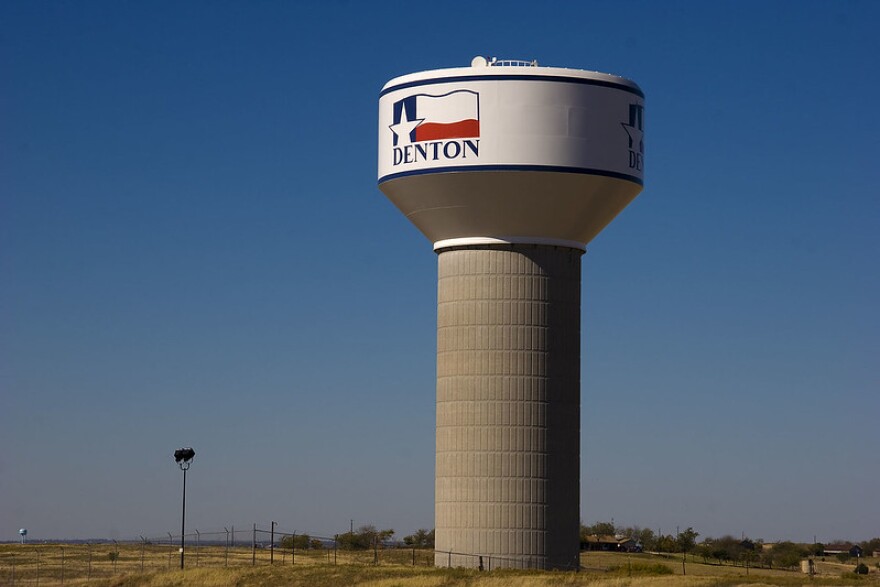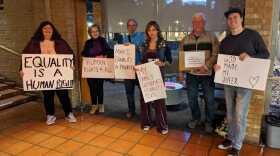Denton City Council members say they are open to further discussion about a possible non-discrimination ordinance but did not commit to a specific plan during a work session Tuesday.
The council instructed city employees to continue researching similar ordinances in other cities and states.
An ordinance would protect members of the LGBTQ community against discrimination in employment and housing, among other things. A handful of Texas cities – including Dallas, Fort Worth and Plano – have such ordinances in place.
Some council members, such as Paul Meltzer, showed interest in modeling the city’s ordinance on the one Plano enacted.
“We have the advantage of not exactly blazing a new trail here. These ordinances have been on the books for years – over a decade in Fort Worth – so we have the opportunity to see what the experience has been,” Meltzer said. ”I’m inclined to see if we can find a consensus behind ordinance language and ... I think Plano’s model is the most doable.”
Deb Armintor said she feels Denton is on the right side of history in moving forward with an ordinance – but she does not support the language of the ordinance in Plano.
”If you talk to people in the transgender community – in Plano, in the state of Texas, and transgender activists – they believe, and I agree, that Plano leaves transgender rights behind,” Armintor said.
Armintor’s chief concern is the language used to exclude public bathrooms from the Plano ordinance. She believes Dallas’ ordinance – which does not exclude public bathrooms – is more inclusive.
“Most LGBTQ-identified people who I know do not want their own rights protected at the expense of the explicit exemption of other groups’ rights,” Armintor added.
Several members of the council said they want to wait for the Supreme Court to first rule on LGBTQ workplace discrimination cases.
”I’m real hesitant to give direction to craft an ordinance when we are so close to the Supreme Court ruling on this very issue that we’re talking about,” Mayor Chris Watts said. “We could have some real clarity on which direction to go based upon their decision.”
Council member Keely Briggs argued the city of Denton should still consider the matter because the cases under review may only set a legal precedent for workplace discrimination.
”This federal ruling may not even address housing, which is happening, and it’s a real issue," Briggs said. “I don’t think it would be a waste of our time to at least look at that.”
Council member Jesse Davis encouraged the council to focus on developing robust mediation processes for discrimination claims.
“I can tell you as somebody who spends his day job enforcing criminal laws, you do not change hearts and minds enforcing criminal laws,” Davis said.
Davis also warned that criminal enforcement of a non-discrimination ordinance could do more harm than good.
“It creates huge burdens for the city, without creating a meaningful deterrent to discrimination,” Davis said. “If someone really is a hard-hearted bigot, they’re not going to let somebody not have an apartment or a job for the reasons that we’ve talked about, a $500 ticket is the cost of doing business.”





